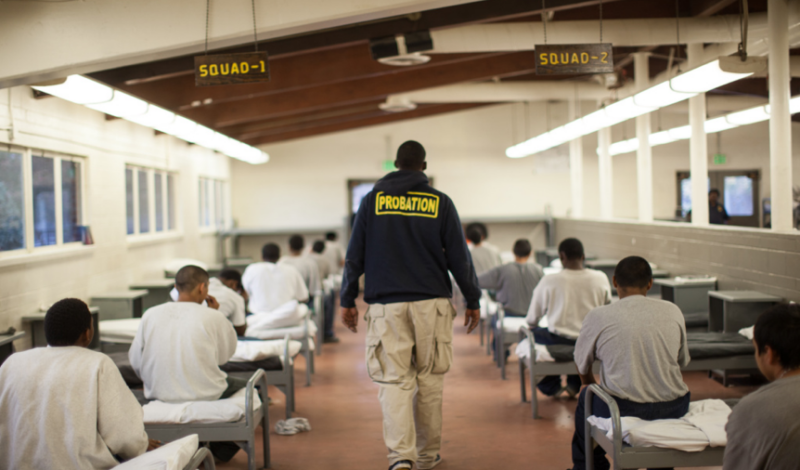The first time you deal with Juvenile Justice System, you may feel as if you are hearing a foreign language. Juvenile court and adult court are two different worlds; they differ from the language to the dispositions.
The Adult System vs. the Juvenile System
The language of the adult system is drastically different than the juvenile system. For example, a juvenile is not “convicted” they are “adjudicated delinquent.” The equivalent of jail is detention, prison is placement, and so on.
The aim of juvenile court differs from adult court. In adult court, the goal is to punish the offender. In juvenile court, the goal is for the juvenile to get treatment, rehabilitation, and supervision. The different goals play a role in the disposition. In adult court, the judge gives a definite sentence as per the span a person is in the correctional system. In juvenile court, if a child is sent to placement, there is a review hearing every six months. The review hearing is a chance for the court to examine how the child is doing and to determine their need for treatment, rehabilitation and supervision. A juvenile could commit a crime when he or she is 13 years-old, but stay in the juvenile system until he or she is 21 years-old.
Diversion Programs
Similar to adult court, juvenile court has diversion programs. Adult court has an ARD (accelerated rehabilitative disposition), which allows for an adult to admit to the alleged charges off the record, and participate in probation for a set amount of time. If the adult successfully completes probation, their case is closed and the charges are withdrawn. In juvenile court, the diversion programs are consent decrees and informal probation, which allow for a juvenile to have their charges withdrawn if they successfully complete their program. However, to receive a consent decree or informal probation the juvenile has to admit to guilt. If a juvenile violates their conditions of their diversion program, then they cannot go back and have a trial. The diversion program is then revoked and they are adjudicated delinquent.
How We Can Help
It is important to speak to an attorney if your child is facing criminal charges. Here at the Law Office of Vincent J. Caputo, we will help you develop an in-depth understanding of the juvenile justice system and what your best options are. We are committed to providing exceptional defense, and to make your voice heard. Contact our office for a free consultation.








